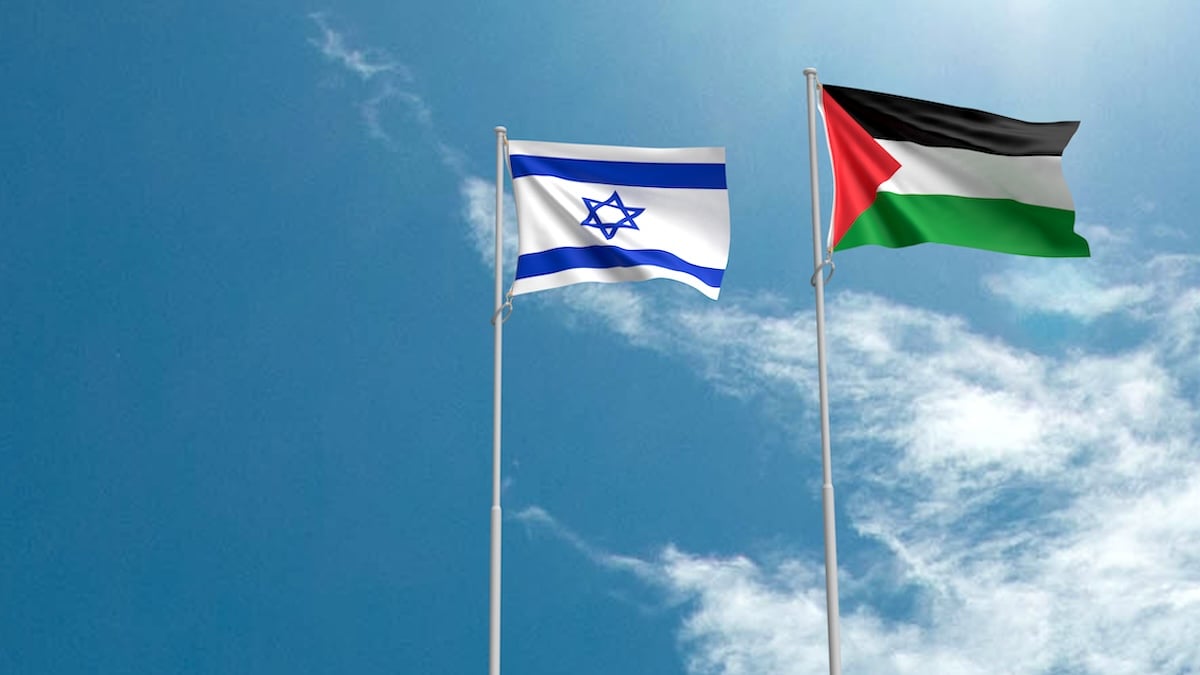Following the assassination of Hamas leader Ismail Haniyeh in Tehran, widely believed to be the work of Israel Defense Forces (IDF) and Israel’s national intelligence agency, Mossad, Iran has once again vowed vengeance against Israel.
Months of conflict have brought about the deaths of tens of thousands of innocent people in the Middle East, — specifically Palestinians — yet there is still no prospect of a ceasefire on the horizon. Attempts at peace talks have led to a dead end, and Israel continues to wage its brutal war against Hamas in the Gaza Strip.
Now, following the assassinations of a major Hezbollah commander, Fuad Shukr, in Beirut, and Hamas political leader Ismail Haniyeh, in Tehran, both the Islamic Revolutionary Guard Corps and Hezbollah have vowed to retaliate against Israel. The U.S.-led coalition is preparing to defend Israel against an attack that they deem to be all but inevitable, with the region holding its breath for fear of a broader conflict in the Middle East that could potentially lead to another regional war.
Right on cue, a lot of people on social media are talking about the beginning of World War 3, but what is the likelihood of Iran’s attack on Israel, and will it lead to an all-out war between the two?
Will Iran attack Israel?
Following Haniyeh’s assassination, who was in Tehran attending the inauguration of new Iranian president Masoud Pezeshkian, senior Iranian officials were quick to warn of deadly repercussions. Per The New York Times, Iran’s supreme leader Ayatollah Khamenei has ordered a direct attack on Israel during a meeting of the country’s national security council.
While it’s unclear what this new attack will entail, the region is on high alert, with the U.S. moving fighter jets and carriers into the Middle East to protect against the impending attack by Iran and its many proxies. In fact, according to what U.S. Secretary of State Anthony Blinken told G7, Iran’s attack on Israel could come as early as the next 24 hours.
These developments follow the April strikes on Israel, which saw the first overt confrontation between Iran and Israel when the former launched around 300 missiles and drones on key military locations. The United States led a coalition consisting of the United Kingdom, France, and Jordan, to protect Israel against the strikes, successfully terminating many of the projectiles, but not all of them, according to Iran.
Now, Iran’s officials are suggesting that the forthcoming strikes on Israel could be even larger in scale compared to the April 13 attack. Several countries are even urging their citizens to leave Lebanon for fear that the confrontation may not be limited to a single fire exchange between Iran, Hezbollah, and Israel.
Now that Haniyeh’s killing has blown a hole in any possibility of peace talks in the near future, what can we expect to see from the Israel-Hamas conflict in the coming days?
Could the Iran-Israel confrontation lead to World War 3?
With so many conflicts raging all around the globe, it’s hard to keep track of when any one escalation could potentially lead to World War 3. While it’s safe to say that a larger war in the Middle East will not lead to a global conflict, many experts and political commentators are warning that Iran and Israel are headed for an all-out war unless there’s any discernible mediation from the U.S. and its allies or other international bodies like the U.N.
To understand the importance of this development, you have to realize Haniyeh’s assassination is a crushing blow to Iran’s security apparatus in the region, something that they will not treat lightly. Back in April, Israel killed two senior Islamic Revolutionary Guard Corps (IRCG) commanders by bombing Iran’s consulate in Syria, but this latest attack has taken place in the heart of Tehran, right under the noses of the country’s various intelligence agencies. Iran has allegedly warned the neighboring Arab states not to interfere with the retaliatory operation, while Biden is convening his national security team to plan for the inevitable confrontation.
Many politicians are naturally urging restraint lest the region is embroiled in an even bigger mess than it already finds itself in, but it seems that Iran is set to avenge the killing of Haniyeh in the coming days, in which case the Biden administration’s first priority would be to come in clutch and attempt to defuse the tension.

